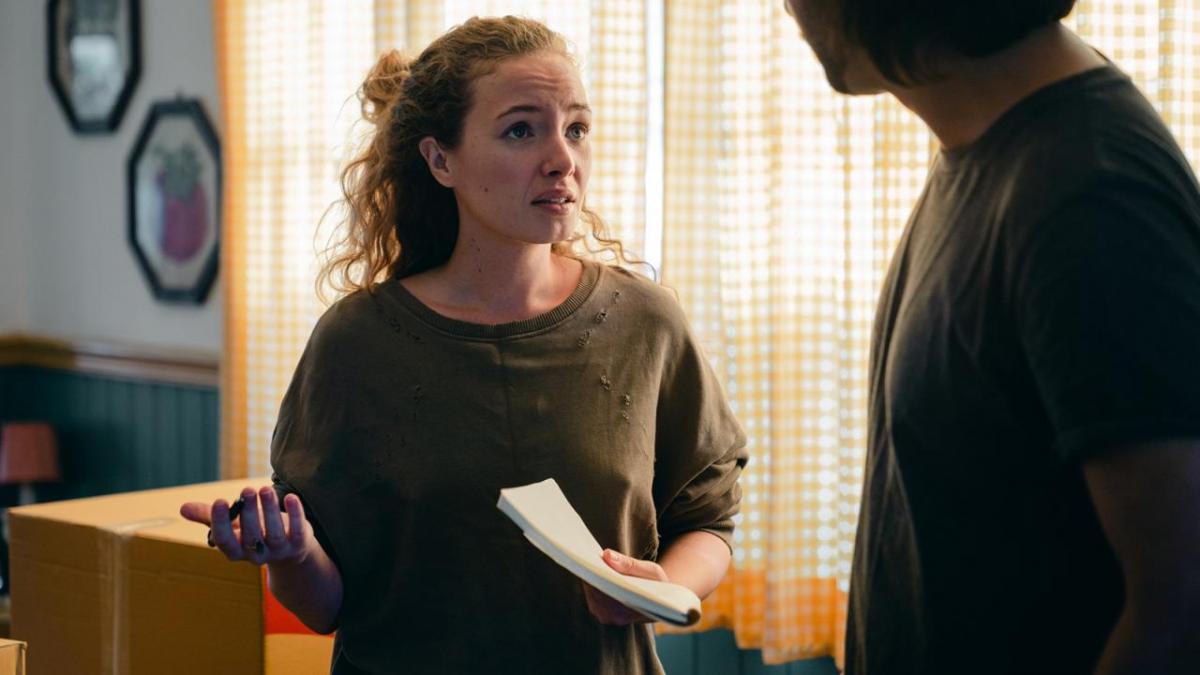Ketut Subiyanto/Pexels
Far too often, there can be disagreement about a variety of issues on the farm. In certain circumstances, family members even start shouting and yelling at each other. In some cases, the work goes on and the words are ignored or forgotten. But what if the disagreement escalates? Usually both parties have a responsibility for the next step. Can you be sorry?
In the heat of the moment, it is easy to do or say things that we later regret. Stress can cause us to lash out at someone in anger or frustration. Emotions can be even more raw around those we care about, where we feel safe and, consequently, allow our emotions to be more real, often boiling over.
Saying “I’m sorry” is an act all too often overlooked in our daily interactions and there can be many obstacles that keep us from saying these simple words. Some may see it as being weak or giving-in if they admit that they are sorry to someone else. It often takes more courage to be the one to go first and you might find that the other person feels the same way.
You may feel that you do not need to apologize or maybe that the other person should apologize to you. Sometimes it is about being the one to make the first move. “To preserve or re-establish connections with other people, you have to let go of concerns about right and wrong and try instead to understand the other person’s experience,” says Dr. Ronald Siegel, assistant professor of psychology at Harvard Medical School.
This requires not only that someone takes the initiative, but also that another person takes the time to listen, to really try to understand the situation from the other person’s perspective.
Why is something that we are constantly reminding our kids to practice so difficult for us to say? What are some of the obstacles that keep us from saying I am sorry? Some of those stumbling blocks might include that we:
• Don’t realize we hurt someone: we didn’t realize in the moment that we hurt someone by our actions or words.
• Don’t think about it: we don’t feel that the situation warrants an apology. Thinking that they will get over it.
• Are stubborn: thinking if anyone is going to apologize it should be them, not me.
• Are proud: this gets in the way all too often.
• Feel ashamed: here admitting that we need to apologize means facing the fact that we hurt someone else. Facing that fact can be harder than keeping it bottled up inside.
• Feel afraid: we do not know how the other person will react. This uncertainty can keep us from wanting to face them and apologize.
• Lack self-confidence: confrontation is difficult. Admitting fault can compound those struggles and force us to face the fact.
Offering an apology allows you to accept your role in the situation. It does not let the other person off the hook. As the saying goes: it takes two to tangle. While there are cases where another person’s actions are completely unprovoked, more often than not, both sides share a role in and a responsibility for escalation of a situation. Please be sure to take your responsibility and say that you are sorry.
Adapted from the article: “Does Sorry Have A Place in YOUR Ag Legacy?” Volume 6, Issue 2, April 2021, By Caleb Carter, consultant to the Department of Agricultural and Applied Economics in the University of Wyoming College of Agriculture and Natural Resources. Used with permission. For more information, go to: https://www.uwagec.org/aglegacy/.


